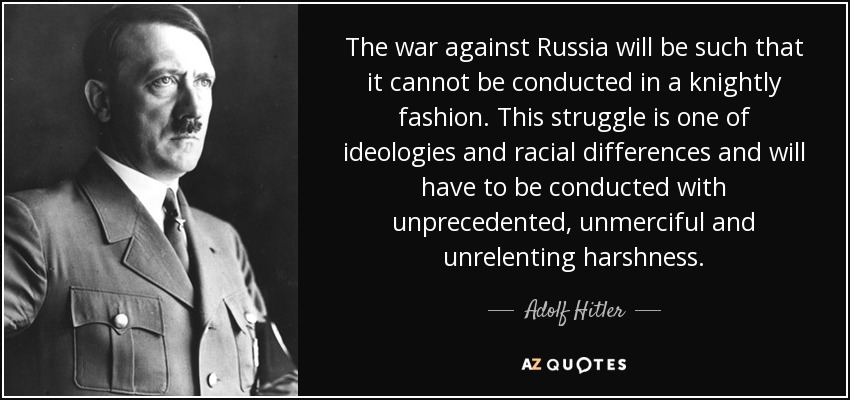the other mike
Diamond Member
I left the s word out of the title to minimize the trolling.
Abby Martin sits down with renowned Marxist Economist Richard Wolff to discuss the growing popularity of socialism under Trump and its historical roots in America, misconceptions about Russia and China’s economic success and Marx’s theory of alienation and monopoly capitalism.
Abby Martin sits down with renowned Marxist Economist Richard Wolff to discuss the growing popularity of socialism under Trump and its historical roots in America, misconceptions about Russia and China’s economic success and Marx’s theory of alienation and monopoly capitalism.




